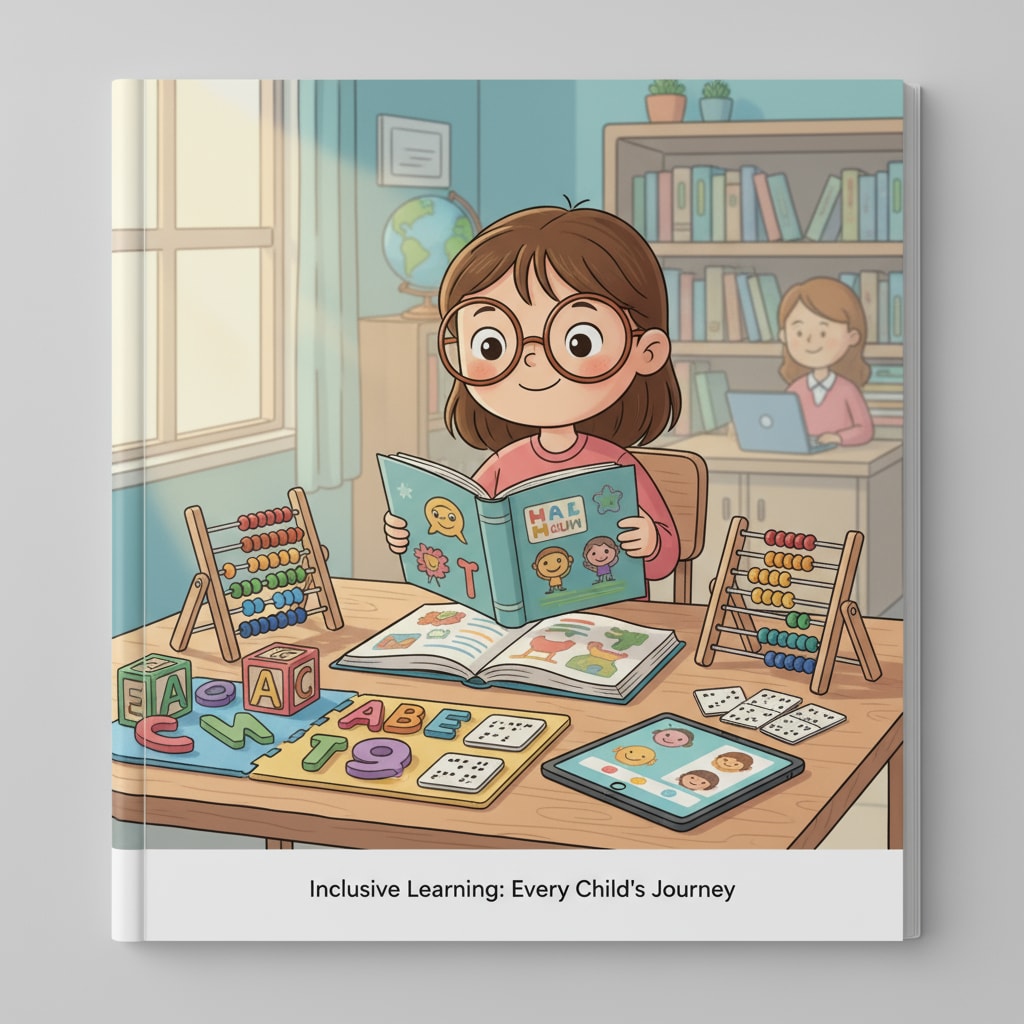Education choices, school alternative plans, and negative school experiences are significant concerns when it comes to children with special needs. When traditional education settings fall short of meeting the unique developmental requirements of these children, it’s essential to look beyond the norm. For instance, a child with autism might struggle in a regular classroom due to sensory overload and difficulties with social interaction. This is where alternative educational paths can play a crucial role.

The Limitations of Traditional Education
Traditional education systems are often designed to follow a one-size-fits-all model. They typically have a set curriculum, teaching methods, and assessment criteria. For children with special needs, such as those with learning disabilities, behavioral issues, or physical impairments, this standardized approach can be a significant hurdle. For example, a dyslexic child may find it challenging to keep up with the fast-paced reading and writing requirements in a regular classroom. As a result, they may experience frustration, low self-esteem, and a lack of enthusiasm for learning. According to Understood.org, many special needs children face difficulties in traditional schools, which can lead to negative school experiences.

Alternative Education Options
One alternative is homeschooling. Homeschooling allows parents to tailor the educational experience to their child’s specific needs. They can set the pace, choose the curriculum, and create a learning environment that is comfortable and supportive. For example, if a child has a sensitivity to noise, the quiet environment of home can be ideal. Another option is Montessori schools. Montessori education emphasizes hands-on learning, independence, and self-directed exploration. This approach can be highly beneficial for special needs children as it allows them to learn at their own pace and in a way that suits their learning style. According to The Montessori Foundation, Montessori schools provide a unique educational experience that can help special needs children thrive.
There are also specialized schools that focus on specific special needs, such as schools for children with visual or hearing impairments. These schools have trained staff and resources dedicated to meeting the unique requirements of these children. Additionally, online education platforms are emerging as a viable option. They offer flexibility and can be customized to fit the needs of special needs children.
Readability guidance: By presenting different alternative education options in a list-like manner, it becomes easier for readers to understand and compare. Each option is briefly explained, and external links are provided for further information. Transition words like ‘for example’ and ‘additionally’ are used to make the flow smooth.


